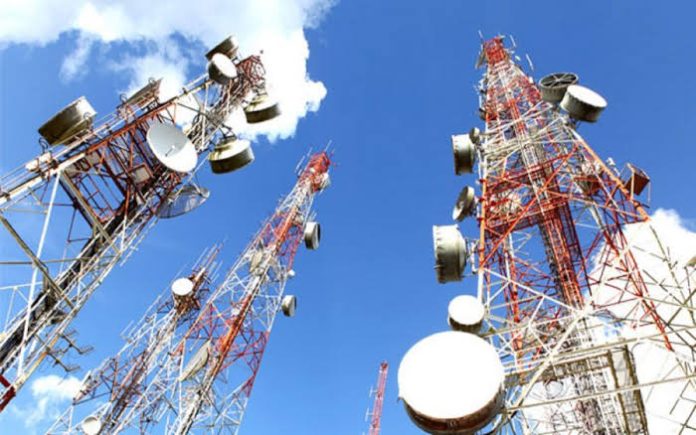Telecommunications operators in Nigeria have committed $1 billion to network equipment orders, the industry’s most significant investment, with deliveries to begin in July, the Minister of Communications and Digital Economy, Bosun Tijani, announced on Thursday.
The crucial investment, catalysed by the controversial 50 per cent tariff adjustment approved in February, the first in over a decade, allows operators to offset operating costs that have surged by over 300 per cent in the last decade.
The tariff review, which was designed to strike a balance between affordability and sustainability, has given telecom firms the financial headroom to reinvest in long-neglected infrastructure upgrades.
“We have evidence that our telcos have placed orders of equipment worth over $1bn. That hasn’t been done in a long time in this country,” Tijani said in a television interview.
“We are tracking these orders because we know the OEMs (Original Equipment Manufacturers), and we know they will start to come into the country between June and July.
This major procurement is expected to improve broadband penetration, address persistent issues such as dropped calls and sluggish internet speeds, and accelerate the expansion of 4G and 5G networks.
“We expect that by Q3, Nigerians will start to experience better, significant quality of service,” he remarked.
The announcement builds on a prior disclosure made by the Executive Vice Chairman of the Nigerian Communications Commission, Aminu Maida, during a colloquium in Lagos on April 29, 2025.
Maida had revealed that Nigerian telecom operators had collectively placed orders exceeding $1bn with Chinese vendors to support a sweeping network upgrade.
With network traffic increasingly shifting toward data usage, the new infrastructure is expected to ease congestion and enhance broadband penetration, particularly in underserved and high-demand urban areas.
“Rural connectivity isn’t just about giving people access; it’s about strengthening our economy.
“If we don’t invest in these areas, commercial telcos won’t go there on their own. That’s why President Bola Tinubu has made rural coverage a priority, not only for inclusion but also for national security.
“Today, many people make more calls via WhatsApp than traditional voice networks, and that puts greater demand on broadband infrastructure.
“The sector was stagnating while consumer demand was rising sharply,” he said.
While the incoming equipment will support private sector-led upgrades, Tijani noted that government intervention remains crucial in regions where commercial viability is low.
“We must go beyond where private capital stops,” he said, noting that rural coverage is not just an economic issue but a matter of national importance.

